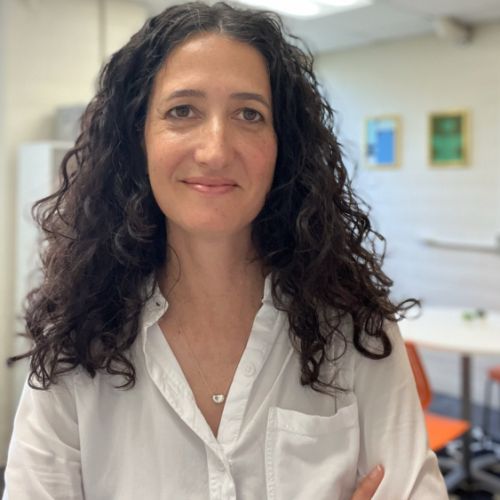
Modeling temporal self-regulatory processing in a higher education biology course
The scientific literacy and conceptual understanding demands of the 21st century have necessitated fundamental changes in science education, including changes from traditional lecture to more active learning pedagogies. The affordances of such pedagogies can benefit students, but only when they are able to enact effective and efficient self-regulated learning processing. More research is needed to understand how and when students should self-regulate during science learning, as well as how to help those students who struggle to do so. In this study, we leveraged multimodal online interaction trace data from 408 college students enrolled in an introductory biology class to investigate the temporal nature of self-regulation during science education. Using latent profile analyses, we found differences in self-regulatory processing predicted course performance, with implications for the development of systems for identifying and supporting students who are likely to struggle in active learning science education environments.
Duke Scholars
Published In
DOI
ISSN
Publication Date
Volume
Related Subject Headings
- Education
- 5201 Applied and developmental psychology
- 3904 Specialist studies in education
- 3902 Education policy, sociology and philosophy
- 1701 Psychology
- 1303 Specialist Studies in Education
- 1302 Curriculum and Pedagogy
Citation

Published In
DOI
ISSN
Publication Date
Volume
Related Subject Headings
- Education
- 5201 Applied and developmental psychology
- 3904 Specialist studies in education
- 3902 Education policy, sociology and philosophy
- 1701 Psychology
- 1303 Specialist Studies in Education
- 1302 Curriculum and Pedagogy

